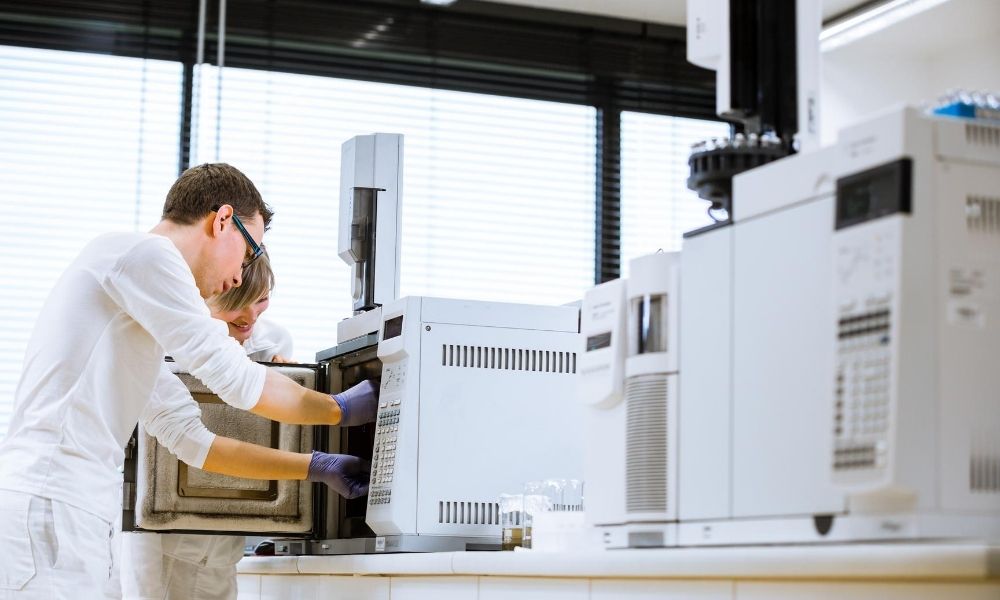Every new year of school introduces new STEM students to their very first lab course. No matter what your major is, your first semester in a scientific or research lab can be intimidating. Fortunately, everyone is in the same boat as you. If you make the most of these first few weeks, the things you learn and the connections you make will help set you up for a successful career in your field. Make this semester count with these tips for learning your way around a research lab.
Take Extensive Notes
Most college majors carry a notebook or two around with them—if their materials aren’t all on their laptop, of course. However, it’s particularly important for lab students to master the art of effective notetaking. Your first few days in the lab are going to be full of information. When you take the time to record everything, you can go back and review what you’ve learned. This will help you excel as the semester goes on, making the entire course much easier. If you want to remember a fact later, write it down. It’s that simple.
Familiarize Yourself With the Equipment
One of the biggest tips for learning your way around a research lab is to familiarize yourself with the equipment and technology you’ll be using. Much of your first semester will revolve around this, but you can also take the initiative and learn more yourself. In addition to learning how everything works in your own lab, look at the different equipment and methods that other labs in your field use. This might mean researching the newest smart technology, learning more about the different kinds of laboratory cold storage units, or even reading about the history of certain types of lab equipment. The more you know, the more prepared you are to work with the equipment in your current lab and beyond.
Ask All of Your Questions
No one wants to look foolish in front of their classmates. Doubt and anxiety can keep your hand at your side in classes, especially when you’re new to the department. Don’t let your nerves get the best of you. The worst thing you can do is keep your question to yourself and never learn the answer. If you don’t understand something, speak up. This is an important skill both in and out of the lab. If you face a question you can’t answer in a lecture, assignment, or even your personal research, reach out to your professor. You’ll get the knowledge you need while showing your professors how dedicated you are to their course.

